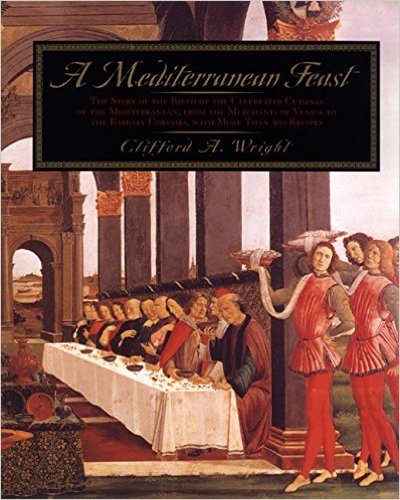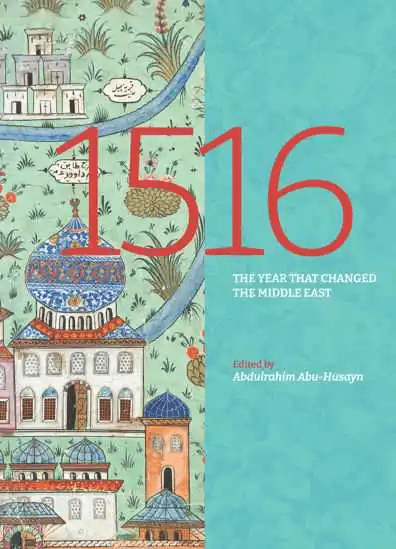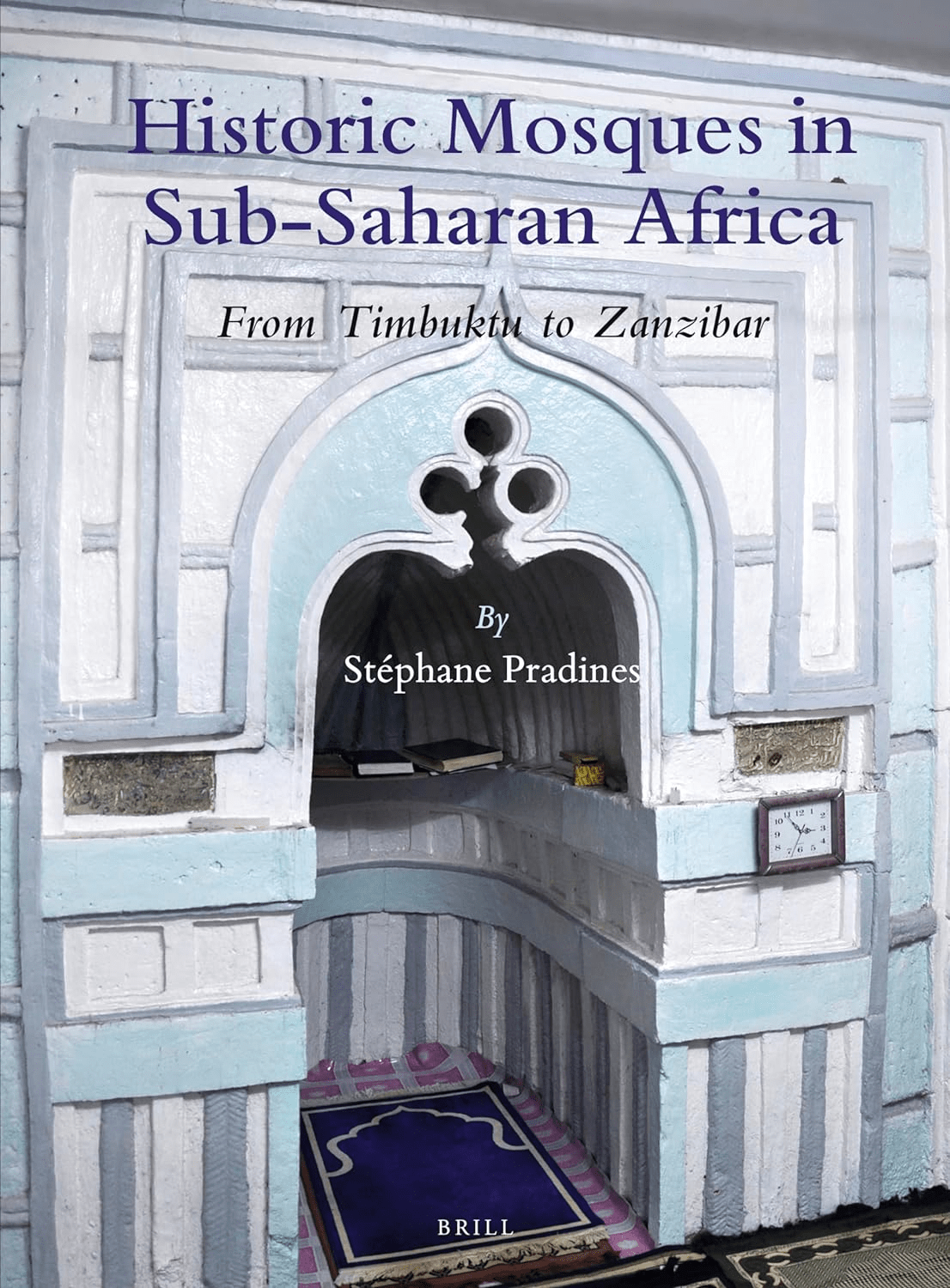
A Mediterranean Feast: The Story of the Birth of the Celebrated Cuisines of the Mediterranean, From the Merchants of Venice to the Barbary Corsairs, with More than 500 Recipes
Mediterranean Food Study Group, Cambridge Massachusetts
Wright, Clifford A
1999, William Morrow and Company, 0-688-15305-4, $35/Can$52.95 hb
Clifford Wright’s Mediterranean isn’t a postcard-perfect place of al fresco lunches and bright sunflowers. Rather it’s a place—or many different places—where the climate is generally inhospitable and the people are often hungry. Both a cookbook and a culinary history, A Mediterranean Feast explores the history and geography, the politics and trade, the agriculture and the economics that created what we now call Mediterranean food. Wright describes the great contributions of Arab culture and agriculture, the impact of the age of exploration and the changes wrought by the Renaissance. He also includes lots of small, tasty tidbits: Don Quixote’s opinion of veal, the story of Morocco’s pigeon pie, directions for cleaning cuttlefish, and more. In a book of such size and scope, there are inevitably missteps, redundancies and, occasionally, a less than adequate citation. When they pop up, it’s time to go into the kitchen and cook: Most of the recipes are as delectable as they are easy to make. They range from Turkish rice pilav to a chickpea-and-bread casserole called fattat al-hummus from the Arab Levant, from Syria’s grilled kibbe to a pine-nut omelette from the Languedoc. The recipes underscore Wright’s arguments: Mediterranean food is regional food and most of the dishes make a virtue of necessity. If the foods of the Mediterranean developed, in Wright’s words, as “a reaction against the monotonous foods of centuries of famine and starvation..., a battle of life over death,” then the foods are decisively, gloriously victorious. The 815 pages include an extensive bibliography, two glossaries, a pronunciation guide, 28 pages of notes, maps, illustrations, both a general and a recipe index and more than 500 recipes. A Mediterranean feast, indeed.
You may also be interested in...

Editor Challenges Readers To Witness Islamic History Sans the Modern Lens In New Book
In 1516, Ottoman Sultan Selim I entered Damascus clean-shaven. What followed changed Arab-Turkish relations for 400 years.
Historic Mosques in Sub-Saharan Africa
From Mali to Tanzania, historian Stéphane Pradines traces a thousand years of Islamic architecture that forces us to rethink what we know about Africa’s past.